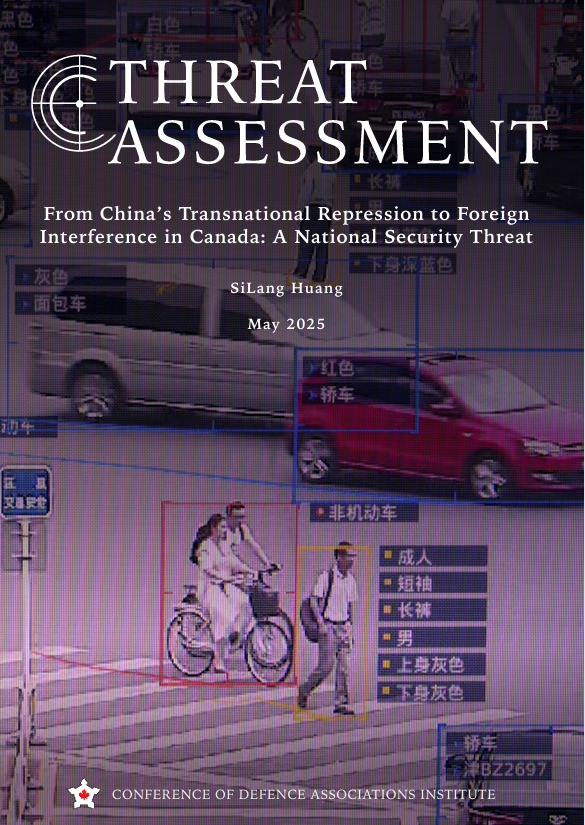
China’s transnational repression has increasingly become a focal point of concern for democratic countries hosting significant Chinese diaspora communities, including Canada. Traditionally understood as the efforts of the Chinese government to monitor, coerce, and suppress dissent among its citizens living abroad, transnational repression is now recognized as having far-reaching implications. Beyond targeting individuals, it challenges the sovereignty of host countries, disrupts political and social landscapes, and undermines democratic institutions. As China’s global influence has grown through its economic and political power, so too has its ability to extend domestic authoritarian practices across borders, employing a mix of state-led initiatives, such as the notorious “Fox Hunt” operations, and more covert tools like digital surveillance, disinformation campaigns, and coercion through diaspora networks.
While much attention has been paid to high-profile forms of interference, such as election meddling and forced repatriation, this paper argues for a paradigm shift: the need to examine everyday forms of transnational repression. These mechanisms, though less visible, are deeply embedded in the lives of diaspora communities and have profound implications for the democratic fabric of host nations like Canada. Through digital platforms such as WeChat, TikTok, and Weibo, the Chinese Communist Party (CCP) employs advanced algorithms and subtle disinformation campaigns to influence diaspora identities, regulate discourse, and suppress dissent. Unlike overt forms of coercion, these strategies exploit the invisibility and pervasiveness of digital tools, fostering self-censorship and reshaping community dynamics.
This paper introduces a new lens for understanding transnational repression, emphasizing the covert and embedded nature of everyday practices that extend authoritarian control. By shifting the focus to non-state actors and the pervasive influence of informational and psychological repression, this study contributes to a growing body of scholarship on authoritarian adaptation in transnational contexts. It highlights how these strategies not only target individuals but also erode trust within diaspora communities, manipulate public narratives, and challenge the foundational values of democratic societies.
In analyzing these dynamics, this paper examines the mechanisms through which China exerts control over its diaspora in Canada, identifying critical gaps in Canada’s current security framework. While policies often prioritize high-profile incidents, the covert nature of everyday repression demands more comprehensive approaches that address disinformation, digital surveillance, and the role of non-state actors in facilitating authoritarian influence. By proposing an inclusive framework that prioritizes collaboration with diaspora communities, this paper underscores the importance of safeguarding both individual rights and Canada’s democratic institutions against the evolving threat of transnational repression.
SiLang Huang is a Ph.D. student in the Political Science Department at the University of Toronto, concentrating on Comparative Politics and Public Policy, with a specific interest in transnational repression, labor movement, and digital authoritarianism with an area focus on China